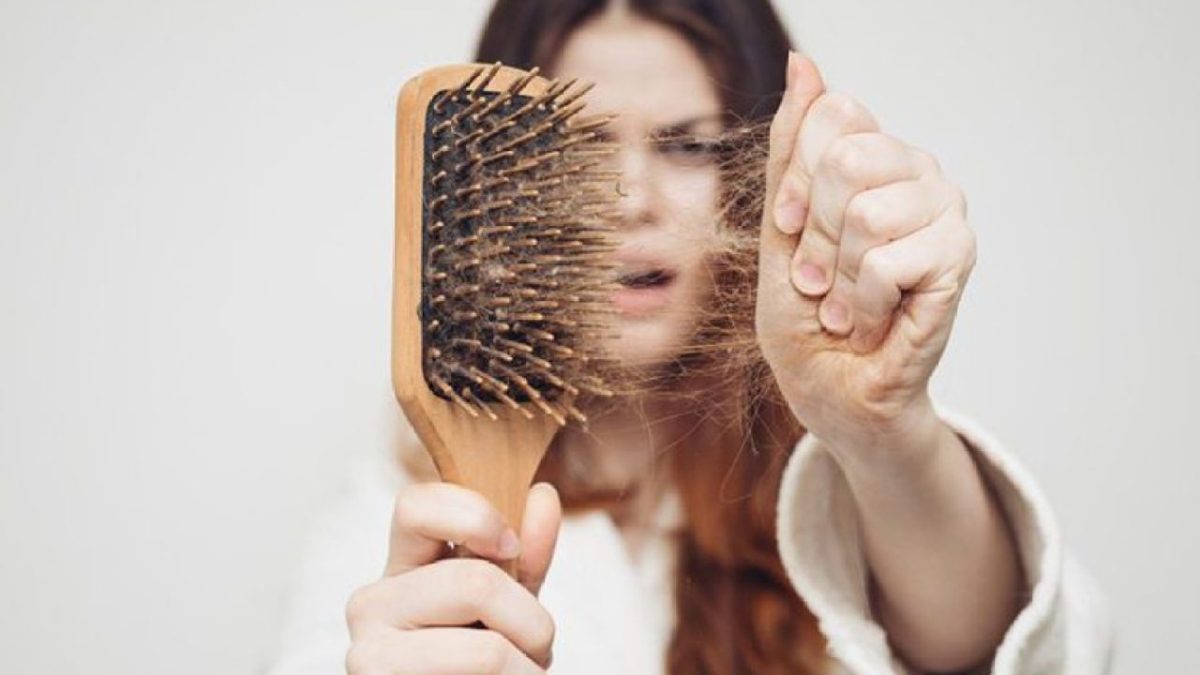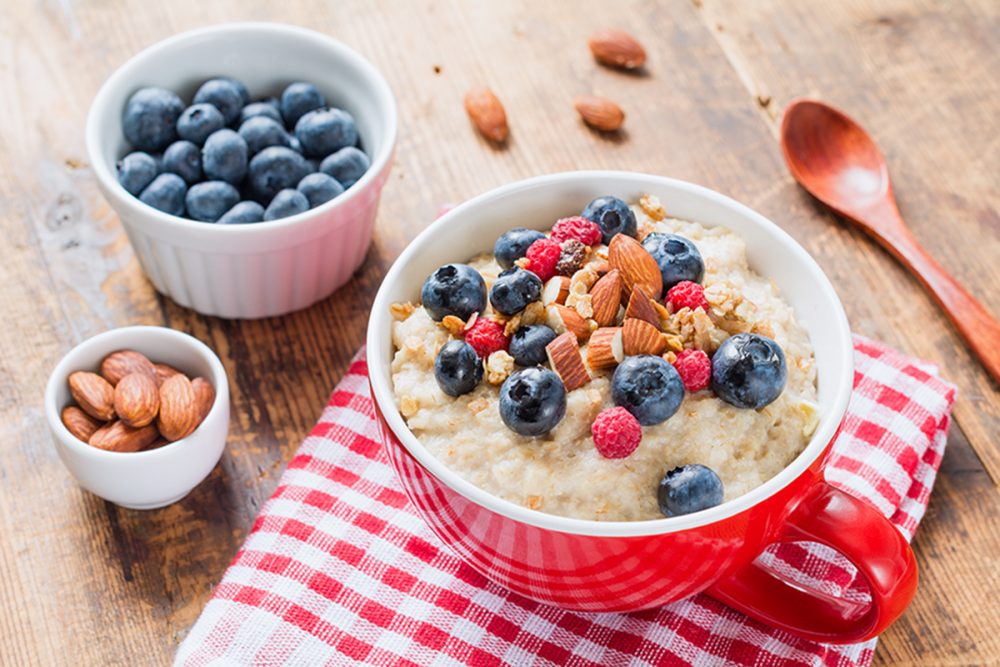Physical activity, combined with good nutrition keeps you healthy. Your hair is another key element that reflects the nature of your health. LiveStrong suggests that routine exercises may help prevent certain forms of hair loss as they improve blood circulation around your scalp. However, for most bald men, there isn’t much exercise they can do to change their genes.

It’s normal for guys to fret over hair loss nightmares, especially when their friends start discussing such topics. The American Hair Loss Association reports that two-thirds of men in the age bracket of 35 years and above experience one form of hair thinning or another.
Finasteride For Hair Loss In Men
Thankfully, reputable pharmaceutical shops like Oxford Online Pharmacy sell hair loss solutions, namely Finasteride 1mg tablet for hair loss. This affordable prescription-only medication is effective in 90% of men who use it to treat pattern baldness. When used daily for three to six months, you can see a significant improvement in your hair growth.
Statistics show that about one out of two men will report male pattern baldness. Although excessive hair loss doesn’t happen before the late 30s, some men experience their symptoms sooner than later. Finasteride can help minimize and even stop hair loss symptoms, so it’s one of the proven treatments for male baldness.
How Finasteride Works
When taken orally, the hair loss drug reduces the DHT hormone production in your body. Smaller Finasteride doses can stop your body’s natural production of the DHT hormone linked with stopping hair growth.
Finasteride starts to work right from the first day as soon as you take the medication, but you may not notice the results until you have used it consistently for an extended period. When the production of DHT home is halted, that will allow your hair to regenerate and grow back to its standard thickness.
When Finasteride replenishes your lost hair, you will maintain the same level of head coverage and steer clear of continued reduction in your hair follicle numbers. While the drug does block DHT hormones on your scalp, it doesn’t affect hair cell growth in other parts of your body.
Can Excessive Exercise Lead To Hair Loss?
Keeping fit is vital for a good lifestyle and shape. Unfortunately, doing too much weight-loss exercise can contribute to heavy hair fall.
Recent medical studies on hair loss have linked excessive exercise routines with increased risks of hair loss. High levels of exercise activities can cause your body to suffer chronic health conditions such as telogen effluvium. This condition may trigger your hair follicles to reach their resting phase prematurely, leading to more hair loss than usual.
The adverse effects of excessive exercising on hair loss are more pronounced in women than men, thanks to the reduction in estrogen and increase in testosterone. Women may also experience irregular menstrual cycles and brittle bones.
Female Pattern Baldness
Also known as androgenic alopecia, female pattern baldness affects a good number of ladies. The condition is similar to that of men, except that the pattern of hair loss in women is quite different. Female hair loss is quite a normal thing, especially as you grow. A whopping two out of three women experience hair loss after reaching menopause. Less than 50% of women reach the age of 60 years with their heads full of hair.
While female pattern baldness is a genetic condition, it’s more noticeable after menopause – hormones likely play significant roles in this. When you observe that you are fast losing your hair, you should consult a doctor or a dermatologist, and they may prescribe some treatment options for your female pattern baldness or other forms of hair loss. The earlier you seek treatment, the better your chances of re-growing your hair.
Scalp Health, Nutrition, And Exercise

Beauty is essential, but your overall health matters the most. For many men, baldness negatively impacts their sense of fashion. Eating a nutritious diet not only boosts your wellness but also improves your scalp appearance and controls your stress and anxiety.
When you eat zinc-rich foods, omega-3 fatty acids, and vitamin E, you can quickly and effectively enhance your hair growth. A balanced diet helps reverse telogen effluvium (TE), a condition that often causes your hair follicles to become dormant.
According to a clinical professor, Dr. Jeffrey Rawnsley, heavy weight-lifting does not always contribute significantly to hair loss. However, he suggests dietary supplements containing higher vitamin A levels can play a role in hair loss.
Disclaimer
The Content is not intended to be a substitute for professional medical advice, diagnosis, or treatment. Always seek the advice of your physician or other qualified health provider with any questions you may have regarding a medical condition.